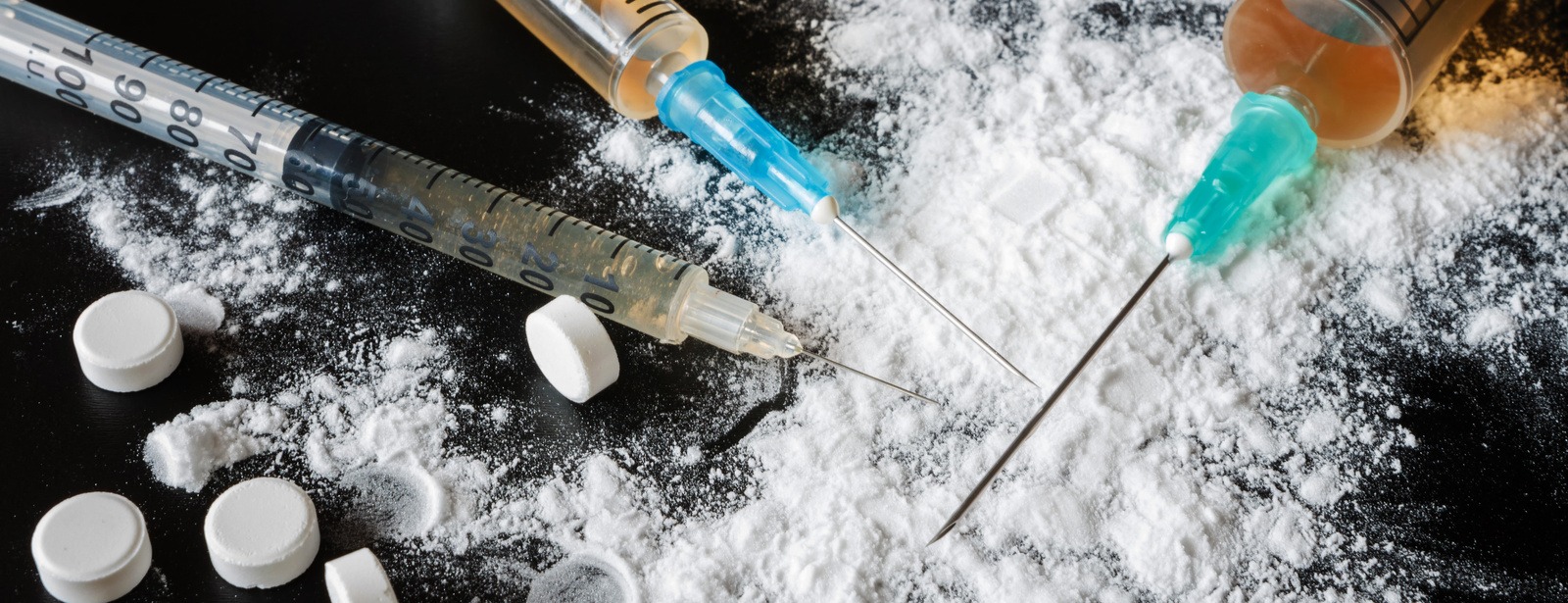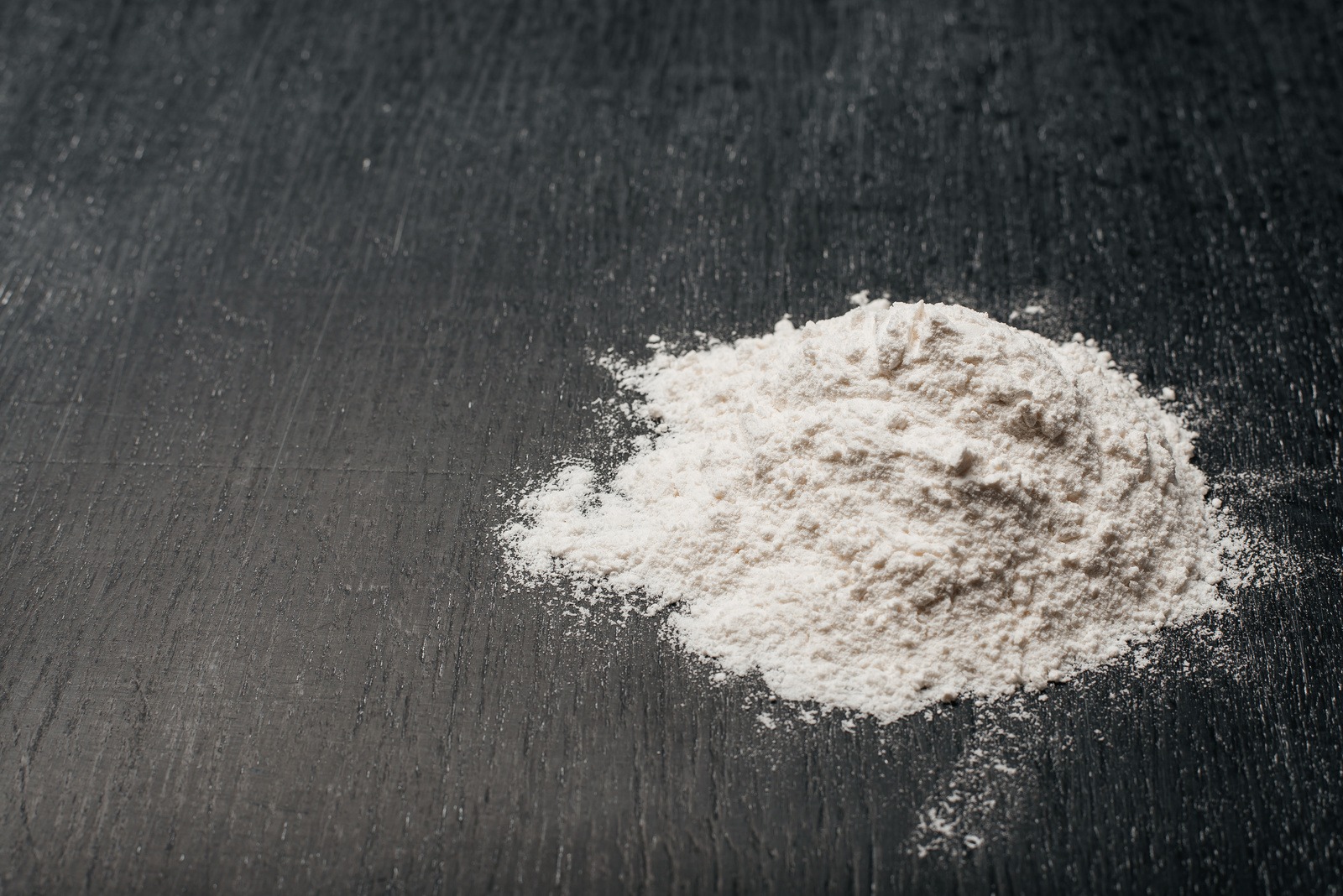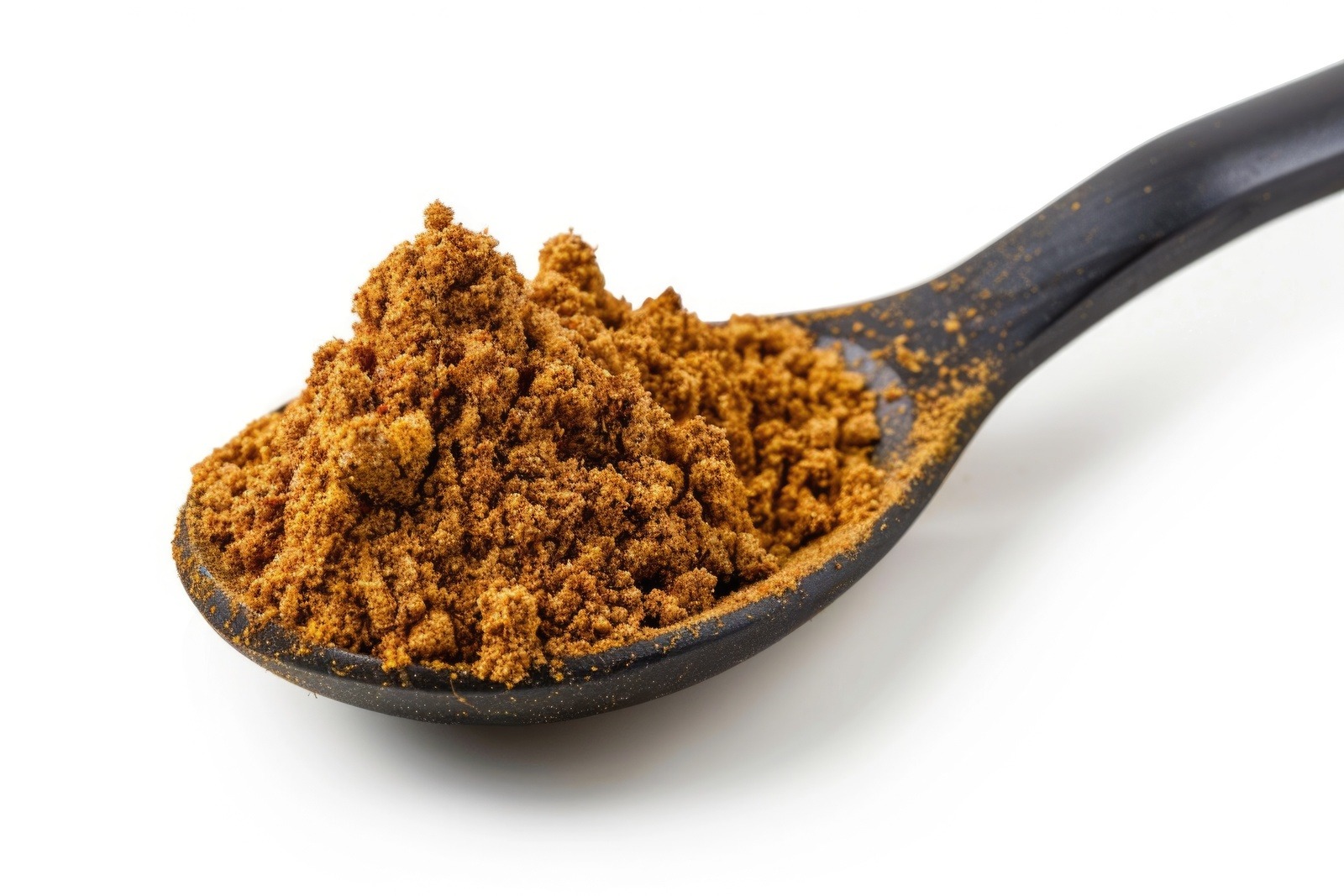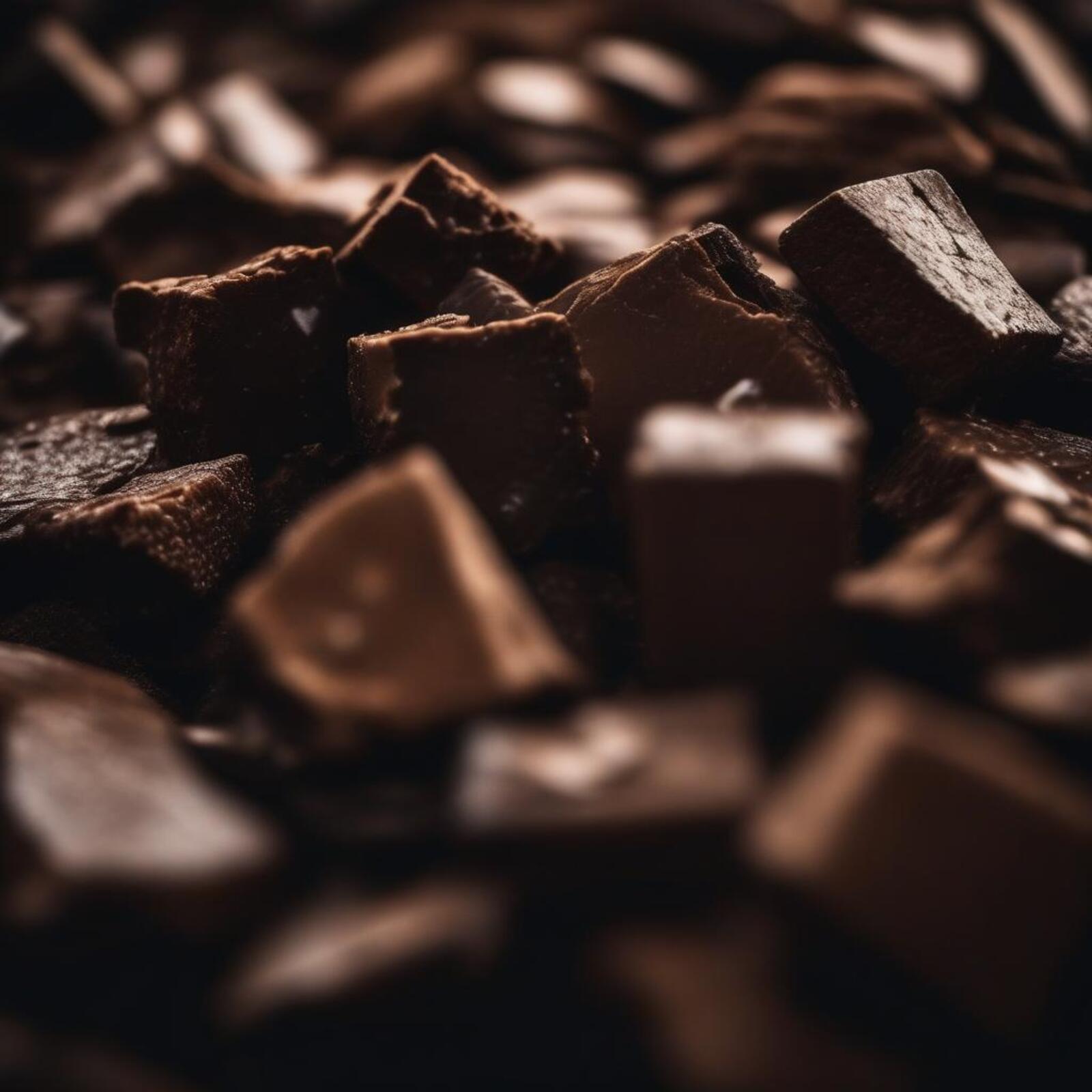What Does Heroin Look Like?

- Heroin is a highly addictive opioid drug processed from morphine that is either in powder or tar-like form and is injected, smoked, or snorted.
- There are short- and long-term effects when consuming heroin, ranging from nausea and lethargy to liver and gastrointestinal disease.
- Treatment options for heroin addiction include outpatient behavioral therapy, medication-assisted therapy, and residential treatment.
Heroin is a substance derived from morphine, a naturally occurring substance extracted from the seed pod of certain varieties of poppy plants. It is a highly addictive drug. Heroin is available in several forms, including a white or brownish powder or a black tar-like substance. Users may choose to inject, snort, or smoke heroin.
Facts About Heroin
Heroin is classified as a Schedule I drug, meaning it is a substance with no currently accepted medical use and has a high potential for abuse.[1] Other drugs in this category are LSD and methaqualone. Some street names for heroin are Black Tar, Smack, Hell Dust, and Big H.
Heroin is available in multiple forms based on geographical location and availability in the dealer market. It is injected, smoked, or snorted. Higher-purity heroin is snorted or smoked.
What Do Different Types of Heroin Look Like?
There are several different forms and methods of use of heroin. To cut production costs, heroin is sold as a white or brownish powder that is “cut” with non-drug substances, such as sugar, corn starch, or quinine.[2] Sometimes, heroin is cut with another drug to increase the product’s potency.
Heroin typically has a faint, slightly sweet, or floral scent, which varies in intensity based on the level of quality. Lower-quality heroin’s smell may resemble harsh chemicals.
What Does White Powder Heroin Look Like?
This pure form of heroin is in U.S. markets east of the Mississippi River. When we think of the type of heroin people snort or smoke, we think of white heroin. It resembles baking soda or another similar powder. Heroin sold on the streets is not often pure but cut with another substance.
What Does Brown Heroin Look Like?
Brown heroin is a less pure form of the drug. It may have an off-white or dark brown color due to impurities from cutting another substance into the drug.
What Does Black Tar Heroin Look Like?
Black tar heroin has a tar-like or hard coal-like appearance and is the primary form of the drug found in the U.S. west of the Mississippi River. Crude processing methods create the black tar effect of this heroin, which is usually dissolved, diluted, and injected into veins.
Heroin Paraphernalia
Heroin paraphernalia refers to the materials needed to use heroin. The materials that are used differ based on how the drug is consumed:
- For injections, this involves needles, syringes, and spoons for heating the drug to melt it.
- For smoking, this includes materials for making cigarettes or aluminum foil with heat marks.
- For snorting, paraphernalia could include a straw or rolled-up dollar bill to snort the product. Someone could also use an implement to arrange heroin in lines, like a razor blade or credit card.
Immediate Effects of Heroin
Heroin users report feeling a surge or “rush” of euphoria or intense pleasure within seconds of ingesting the drug, followed by drowsiness, a twilight state of sleep and wakefulness, and heavy extremities. With its immediate effects, heroin is a particularly desirable drug for its users despite known dangers.
Side Effects of Heroin
There are both short-term and long-term effects of using heroin, in addition to the desired experience that users seek out.[3] Common side effects include:
- Warm flushing feeling on the skin
- Severe itching that won’t subside
- Mental “haze”
- Heaviness in the arms and legs
- Dry mouth
- Nausea and vomiting
- Moving from consciousness to semi-consciousness, also known as “on the nod” due to the nodding appearance that occurs
Long-Term Health Risks of Heroin
In addition to side effects, heroin can significantly impact your overall health.[4] While some symptoms can reverse after recovery from its use, heroin can have an irreversible impact on a user’s health, such as:
- Insomnia or other sleeping disorders
- Gastrointestinal issues, such as constipation, cramping, and infection
- Disease of the liver, kidneys, and heart
- Collapsed veins and abscesses from injection sites
- Disease of the lungs from inhalation of the drug
- Reproductive system issues for men and women, impacting fertility and sexual function
- Development of mental health disorders, like depression and anxiety
- Loss of brain white matter, affecting executive functioning skills (decision-making, emotional and behavior regulation)
Heroin Addiction Treatment
Grappling with a heroin addiction can feel daunting. Heroin is highly addictive, and people who regularly use heroin often develop a tolerance over time. However, with the proper treatment and support, there is hope for reclaiming your life and health.
Matching the best treatment approach to meet each patient’s needs is essential. Here are a few common therapeutic approaches to working toward recovery:
- Behavioral Therapy: Through methods like Cognitive-Behavioral Therapy (CBT) and Acceptance and Commitment Therapy (ACT), individuals can process negative thought patterns in various ways through acceptance and challenging faulty ways of thinking. Behavioral approaches can help individuals feel prepared with the skills needed to deal with triggers and stressors to lead a life of sobriety and happiness.
- Medication-Assisted Treatment (MAT): MAT is an approach offering relief from the physical symptoms of withdrawal and supporting detoxification. Specialized medicines can help with the withdrawal process. These medications are FDA-approved, designed to reduce opioid withdrawal symptoms, and can save lives.
- Outpatient Treatment: More flexible than residential treatment, outpatient programs offer the same high-quality care without the inpatient requirements. You can continue in your recovery journey while maintaining daily obligations.
- Self-Help Groups: Narcotics Anonymous and other like-minded groups provide peer support and a safe community for individuals pursuing sobriety.
Overcome Heroin Addiction
If you or someone you love is using heroin, professional help may be necessary. Heroin is highly addictive, increasing the risk of overdose and serious health problems. Professional heroin rehab can help you or your loved one to recover from drug abuse and begin a healthier, heroin-free life.
Frequently Asked Questions
Are you or a loved one struggling with Heroine addiction?



